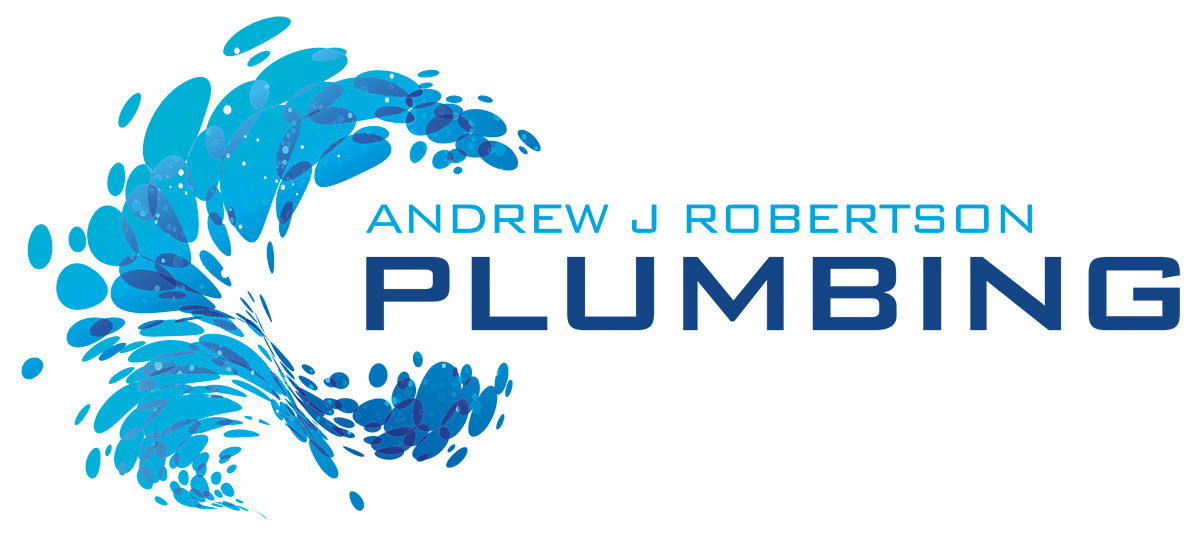Plumbing emergencies can occur without warning, and how you respond in the moments before the plumber arrives can significantly reduce the damage and help avoid expensive repairs.
Here we outline the essential steps to take for common plumbing emergencies, helping you manage the situation until professional help arrives.
Burst Pipes
A burst pipe can cause immediate flooding, making it essential to act quickly to prevent extensive water damage.
- Turn off the Water Supply: The first step is to immediately turn off the main water supply to stop the flow of water.
- Contain the Leak: Use towels, buckets, or plastic sheeting to catch or divert the water. If possible, move valuable items out of the affected area.
- Turn off Electricity: If the burst pipe is near electrical outlets or appliances, turn off the power at the circuit breaker to avoid electrocution risks.
Turning off the water and electricity quickly helps prevent flooding, water damage, and potential electrocution, and containing the leak limits the damage.
Major Leaks (e.g., From Appliances, Fixtures, or Pipes)
A significant leak from appliances or fixtures can lead to water damage, requiring fast action to contain and stop the flow.
- Turn off the Water: Shut off the local valve that controls the water supply to the leaking fixture (e.g., under the sink, behind the toilet, etc.). If unsure, turn off the main water supply.
- Contain the Water: Place towels, buckets, or plastic sheeting around the leak to catch the water and prevent it from spreading.
- Turn off Electricity if Necessary: If the leak is near electrical outlets or appliances, cut the power to avoid electrical hazards.
By turning off the water and electricity, you minimise the risk of further water damage and electrical hazards. Containing the leak prevents costly damage to floors, walls, and personal property.
Clogged Drains or Toilets
Clogged drains or toilets can lead to backups and overflow, disrupting your home and creating sanitation concerns.
- Stop Using the Fixture: Avoid using the sink, shower, or toilet that’s clogged to prevent overflow or additional blockage.
- Use a Plunger: If it’s a minor clog, try using a plunger to clear the blockage. For toilets, ensure the water level is low before plunging.
- Avoid Chemical Drain Cleaners: Chemical drain cleaners can damage pipes and may not effectively clear severe clogs.
Using a plunger on a minor clog can prevent overflow and water damage. However, severe clogs require professional attention to avoid worsening the situation and causing pipe damage or backups.
Sewage Backups
Sewage backups are serious emergencies that can cause health hazards and extensive damage to your property.
- Stop Using Water: Immediately stop using toilets, sinks, showers, and any other water fixtures to prevent wastewater from backing up into your home.
- Avoid Contact with Sewage: If sewage has already started to back up, avoid direct contact, as it contains harmful bacteria and pathogens.
- Turn Off Water Supply: If necessary, turn off the water supply to prevent more sewage from backing up.
Sewage backups pose serious health risks, and delaying repair can lead to significant water damage and contamination. Turning off water usage immediately prevents further issues, and calling a plumber ensures safe and effective resolution.
Water Heater Malfunctions
A malfunctioning water heater can lead to leaks, flooding, or even electrical issues, requiring prompt professional attention.
- Turn Off the Water and Power Supply: If your water heater is leaking or malfunctioning, turn off the water supply to prevent further leakage. For electric heaters, also turn off the power supply to avoid electrical hazards.
- Contain the Leak: Place towels or buckets under the water heater to catch water and prevent damage to surrounding areas.
Water heater malfunctions can cause flooding, electrical hazards, or even fires. Turning off the water and power supply helps minimise the risk of further damage or danger while you wait for professional help.
Quick Actions to Minimise Plumbing Damage
No matter the plumbing emergency—whether it’s a burst pipe, major leak, clogged drain, or sewage backup—taking the right steps can help prevent significant damage and minimise repair costs. Always remember to act quickly, turn off the water and electricity if needed, and contain the situation as best as you can.
For professional, reliable assistance with plumbing emergencies, Andrew J Robertson Plumbing is just a phone call away. Our expert team is available to handle all types of plumbing emergencies with prompt and efficient solutions. Don’t hesitate to contact us for immediate help!


